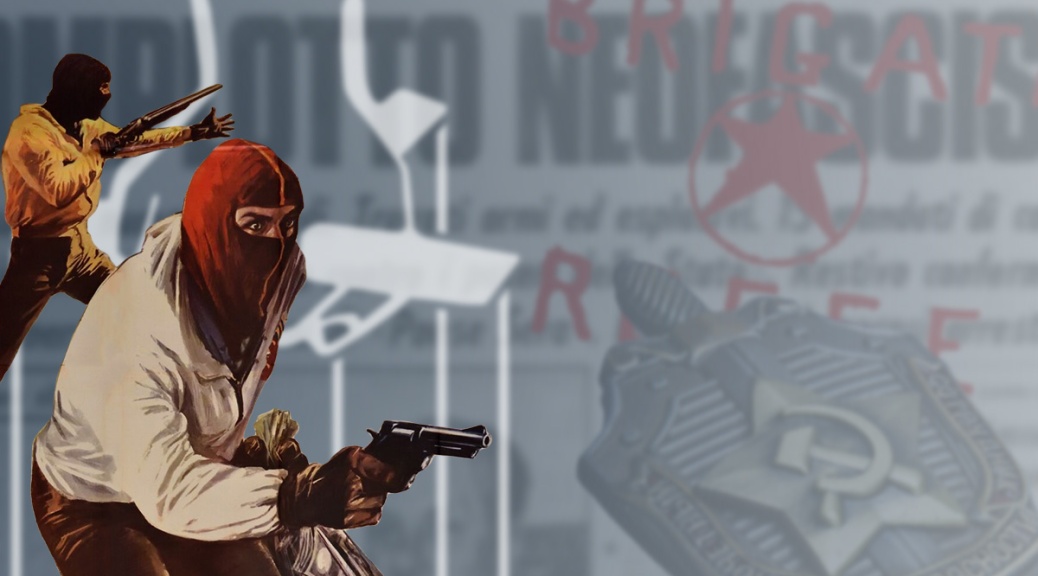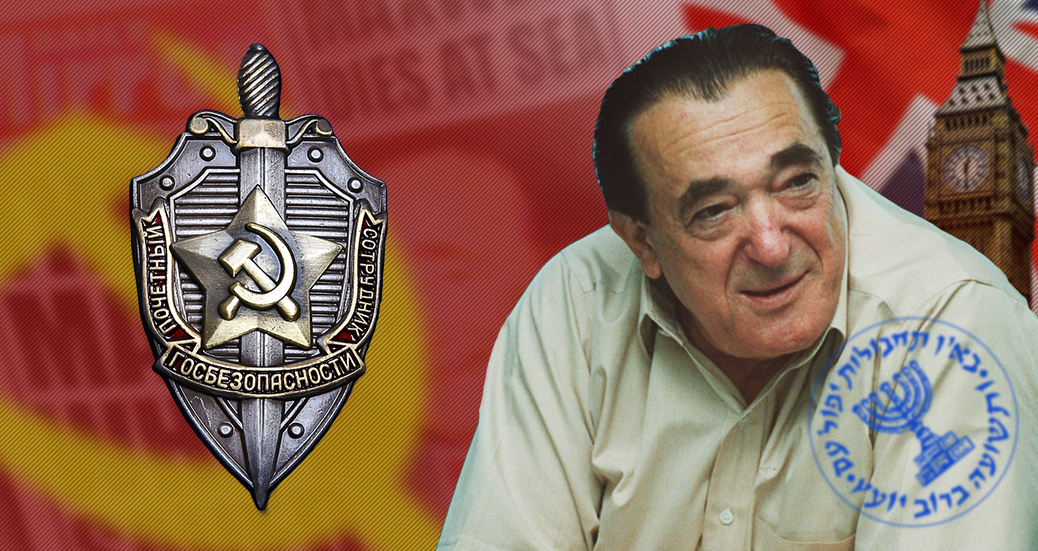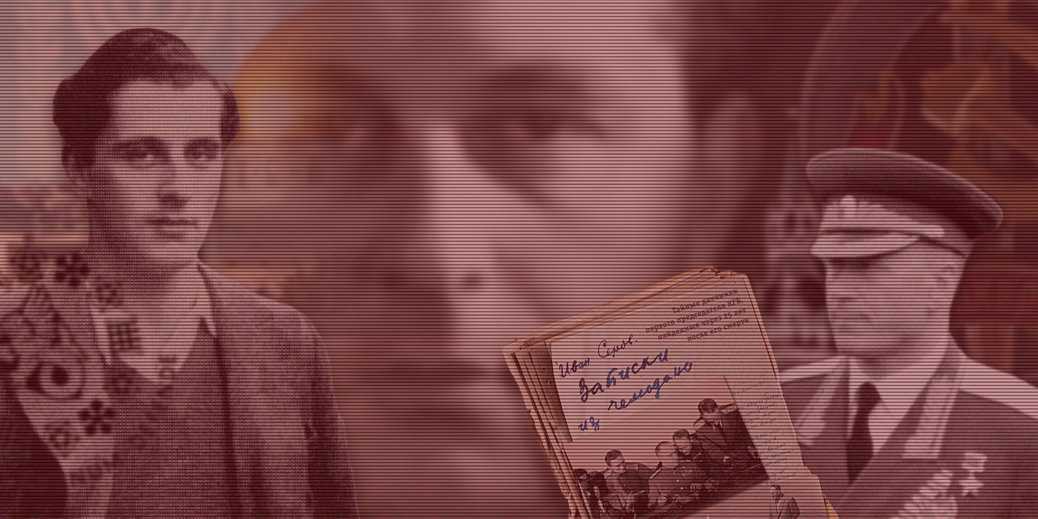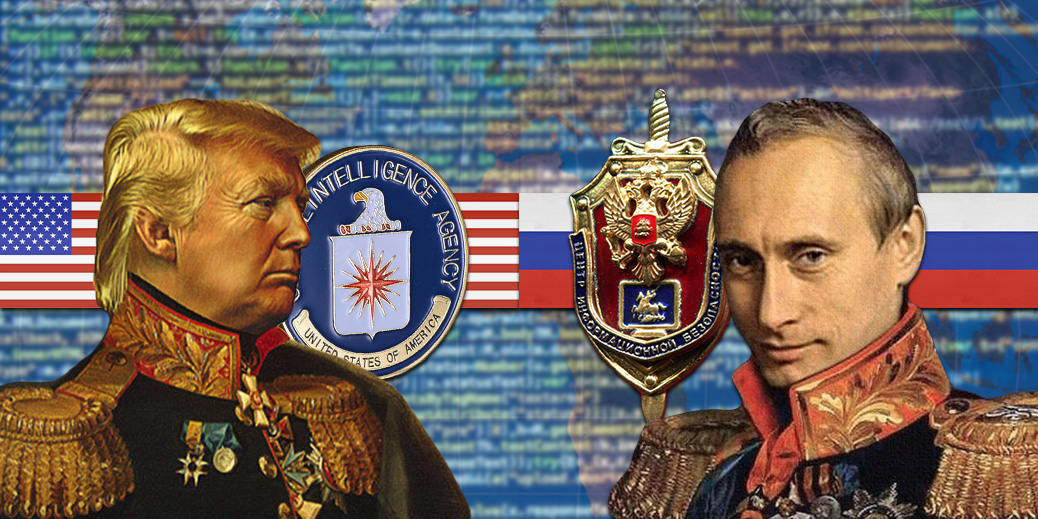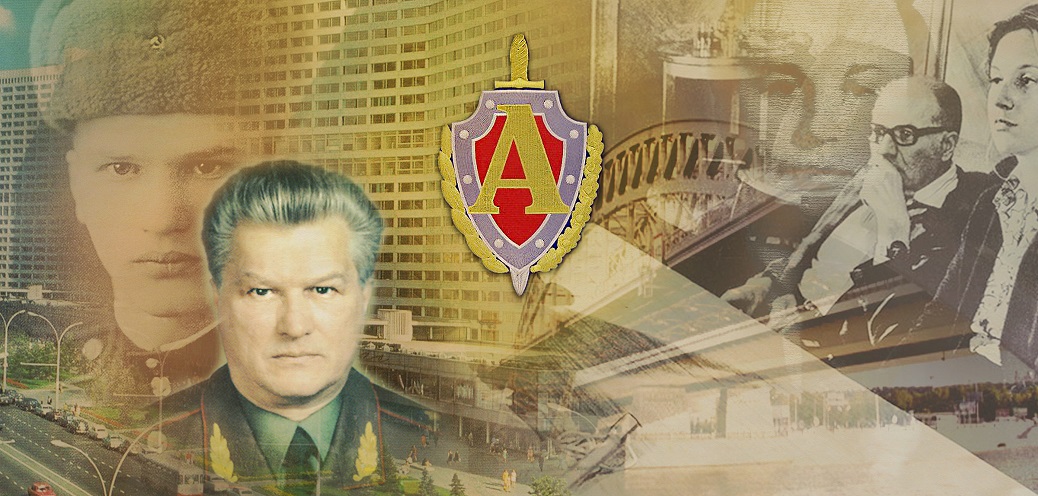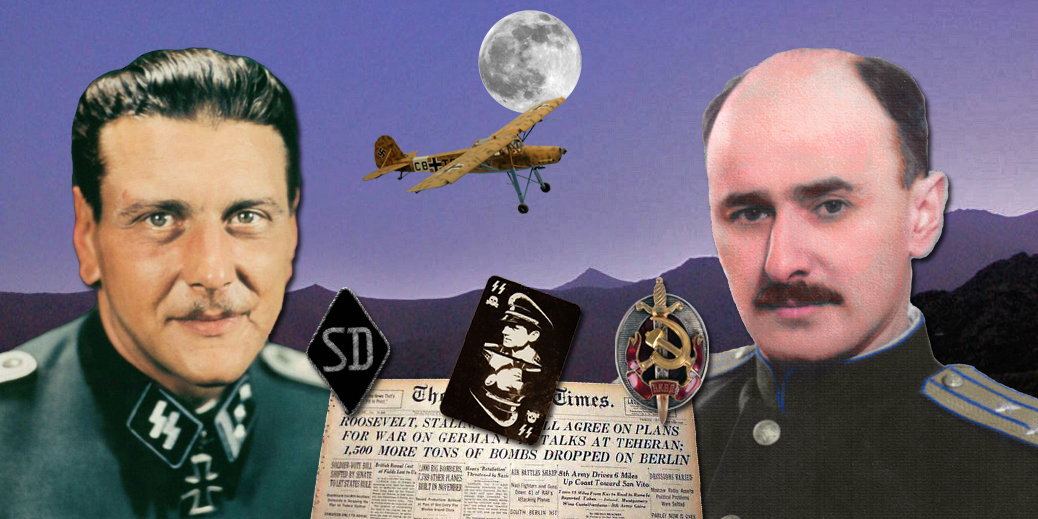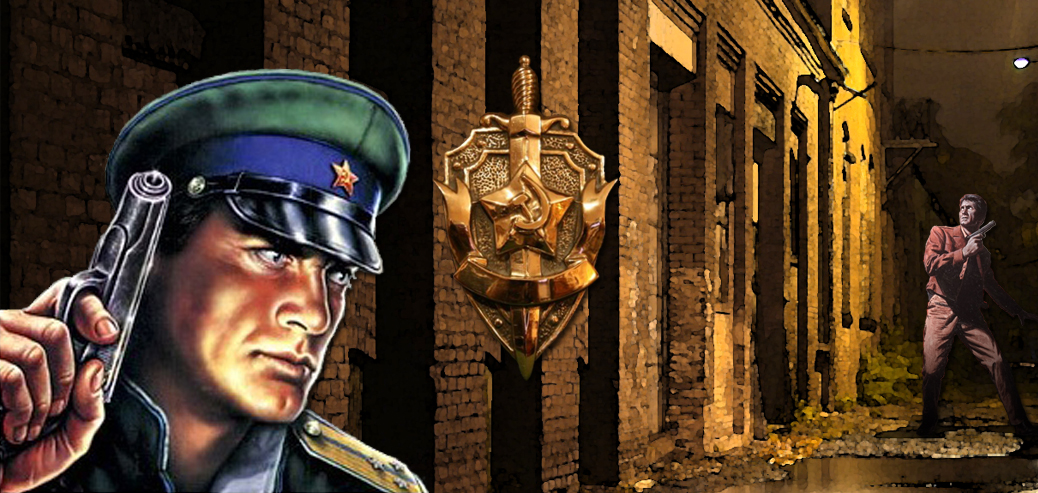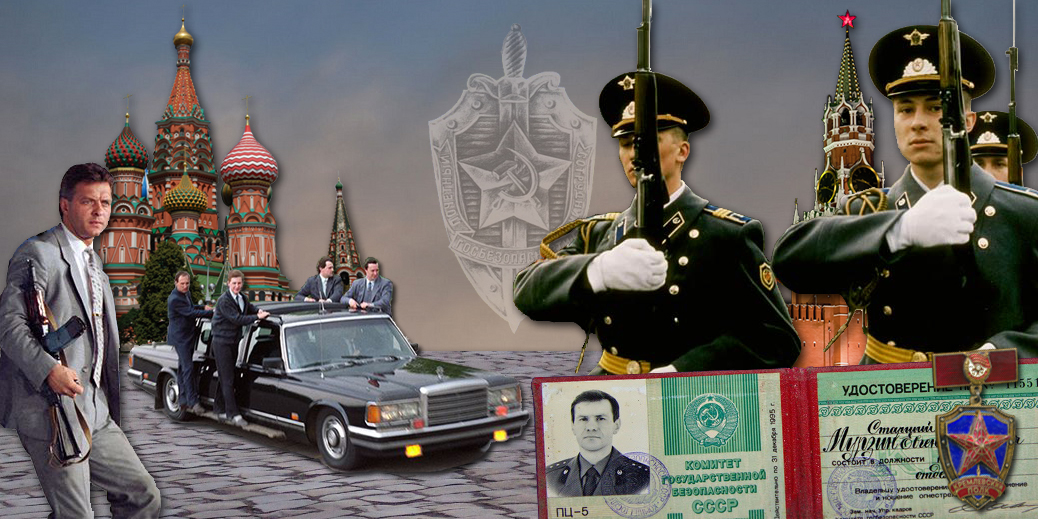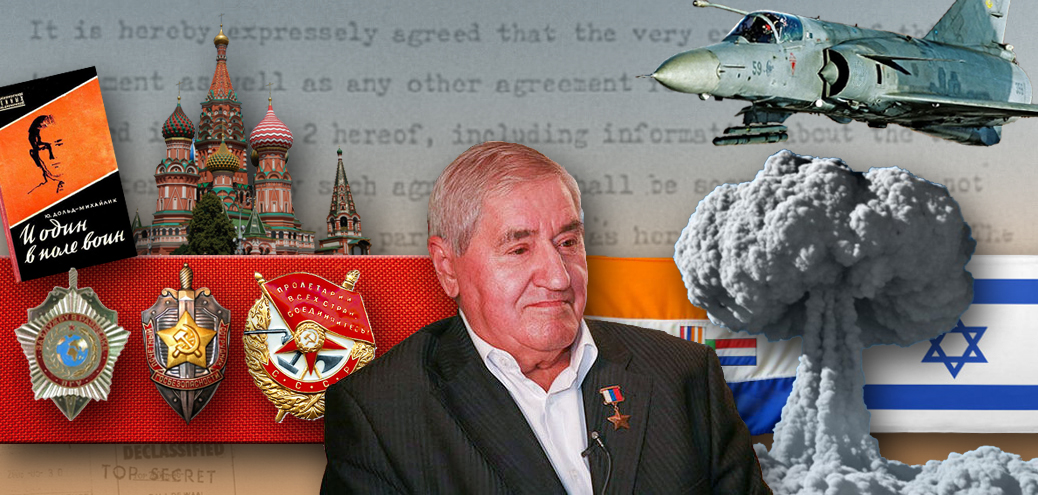Leonid Sergeevich Kolosov (1926-2008) was a Soviet international correspondent for Izvestia and also attained the rank of lieutenant colonel in the KGB First Chief Directorate (FCD). Kolosov was stationed in Italy, his country of specialization, in the 1960s and 1970s under journalistic cover. In this interview he recounts his work with Sicilian mafia boss Nicola Gentile and penetrating the Red Brigades.
Leonid Sergeevich, how did you get into intelligence work?
I got into intelligence work by accident, but the secrets of this service’s techniques were revealed to me by my instructor when I was learning the mysteries of this complex but rather fascinating and interesting, work in Balashikha, a town outside Moscow, at the 101st School. In this school there were one-year and three-year training courses for intelligence officers. I made it into the one-year course.
Continue reading Italian Job: The KGB, Mafia & Red Brigades
